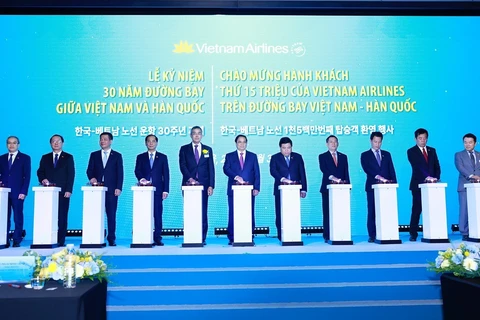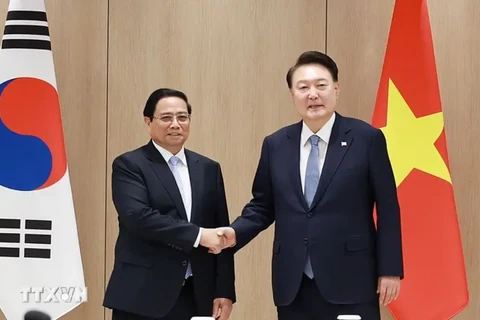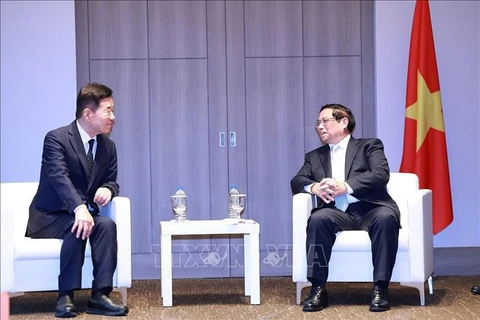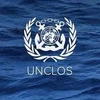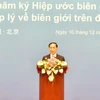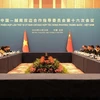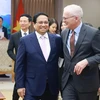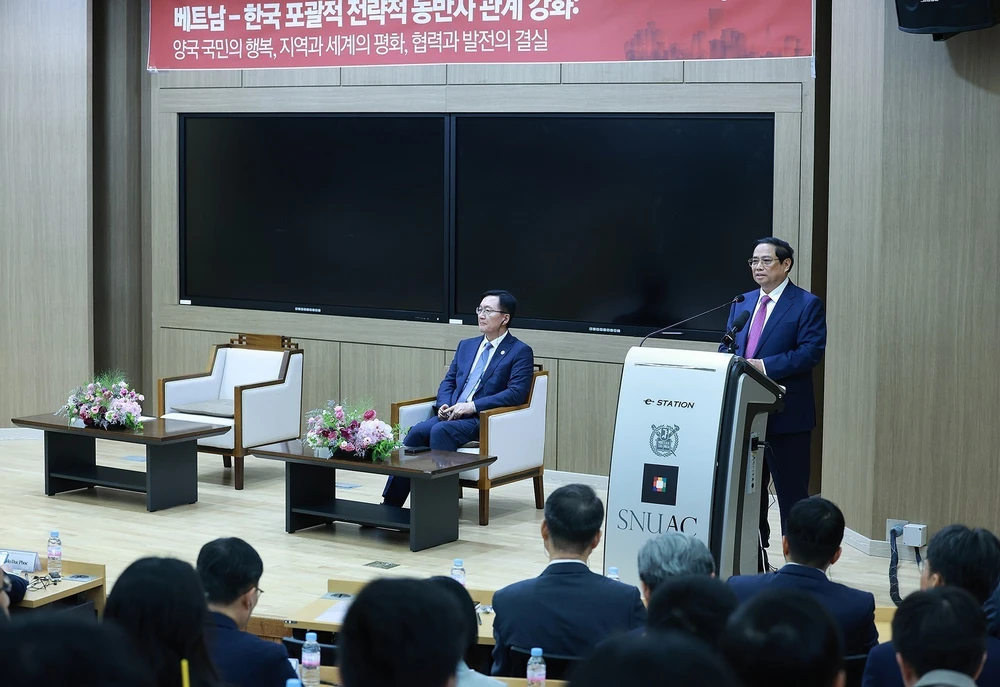
Seoul (VNA) – Within the framework of his official visit to the Republic of Korea (RoK), Prime Minister Pham Minh Chinh on July 3 delivered a policy speech at the Seoul National University, in which he affirmed Vietnam is willing to cooperate more closely with the RoK, and further develop the bilateral comprehensive strategic partnership, for happiness of the two peoples and for peace, cooperation and development in the region and the world.
Analysing the world and regional situations, PM Chinh said that the world's future is being strongly influenced by three key factors, and shaped and led by three pioneering fields.
The three factors are the booming development of science and technology, innovation, especially digitalisation and artificial intelligence (AI); the severe impact of climate change, natural disasters, resource depletion, and population aging; and the clearer separation and polarisation under the strong impact of conflicts, wars, and geostrategic, geopolitical, and geoeconomic competitions on a global scale.
The three shaping, leading, and pioneering areas are the development of the digital economy, green economy, and circular economy; innovation and the fourth Industrial Revolution; and the development of high-quality human resources and artificial intelligence (AI), he stated.
According to the Vietnamese Government leader, the world economy is undergoing unprecedented profound and comprehensive transformation; sustainable, inclusive and green growth has become more urgent than ever; the trend of "polarisation in globalisation" is opening up opportunities for economic cooperation and integration, but also posing many potential risks and dangers; and the role and voice of developing countries are increasingly respected, contributing more proactively and actively to shaping the cooperation frameworks and new development trends globally.
Notably, the Asia-Pacific, the Indian Ocean and ASEAN are increasingly asserting their role as driving forces and centres of dynamic development, and among the locomotives leading the world to "Next Frontiers for Growth".
Briefing participants on Vietnam’s situation, PM Chinh said that over the past nearly 40 years, it has strongly implemented its Doi Moi (Renewal) cause in a comprehensive and concerted manner. From a country under siege and embargo, Vietnam now has diplomatic relations with 193 countries and is an active member of nearly 70 regional and international organisations.
Vietnam today is a developing middle-income country, one of the 40 largest economies in the world by GDP and the 20 biggest economies in terms of trade, and among the top 46 countries in the world in terms of innovation index. Average per capita income has increased from around 100 USD in the first years of renewal to about 4,300 USD today.
Vietnam is also at the forefront of successfully implementing the Sustainable Development Goals, especially in poverty reduction, health and education, Chinh stated, adding that with its new position and strength, the nation is increasingly contributing in a proactive way to common global concerns, including efforts to maintain international peace and security, rescue, and humanitarian relief. It is also strongly committed to energy transition, aiming to achieve net zero emissions by 2050.

In the coming time, Vietnam will renew traditional growth drivers and promote new ones; maintain macroeconomic stability, curb inflation, boost growth, and ensure major balances of the economy; and speed up industrialisation and modernisation, create substantive changes in strategic breakthroughs, and restructure the economy.
In addition, attention will be paid to mobilising and effectively using all resources, harmoniously combining internal and external resources, ensuring social security, environmental protection, responding to climate change, consolidating and strengthening national defence and security, promoting external affairs and international integration, and creating a peaceful and stable environment and favourable conditions for national development.
Regarding the Vietnam-RoK relations, the Vietnamese PM proposed the two countries prioritise strengthening the foundation of the relationship, which is mutual understanding and political trust through regular exchanges of high-level and all-level delegations; effectively carry out high-level commitments and agreements, including the action programme to implement the Vietnam-RoKcomprehensive strategic partnership; and intensify cooperation in diplomacy, defence and security.
The two countries should prioritise enhancing collaboration in key aspects, including economics, trade, investment, and labour, in a more practical, effective, and equal manner, aiming to raise two-way trade to 100 billion USD by 2025 and 150 billion USD by 2030.
It is also necessary to create breakthroughs in cultural and tourism collaboration and people-to-people exchanges, transfer science and technology and join hands in responding to climate change, Chinh said, proposing the two sides continue cooperating closely and supporting each other at multilateral forums and mechanisms, including the United Nations, and the ASEAN-RoK and Mekong-RoK frameworks; and supporting and sharing a common vision of ensuring security, safety, and freedom of navigation and overflight in the East Sea, on the basis of international law, including the 1982 United Nations Convention on the Law of the Sea.
He went on to say that Vietnam supports the denuclearisation and the maintenance of peace, stability, cooperation, and development on the Korean Peninsula.
At the event, the Vietnamese Government leader also answered questions raised by the university’s professors, lecturers, graduates, and students about national governance experiences, visions and solutions to develop the Vietnam - RoK relationship in a more balanced direction; and ways to address drawbacks of the development process./.
